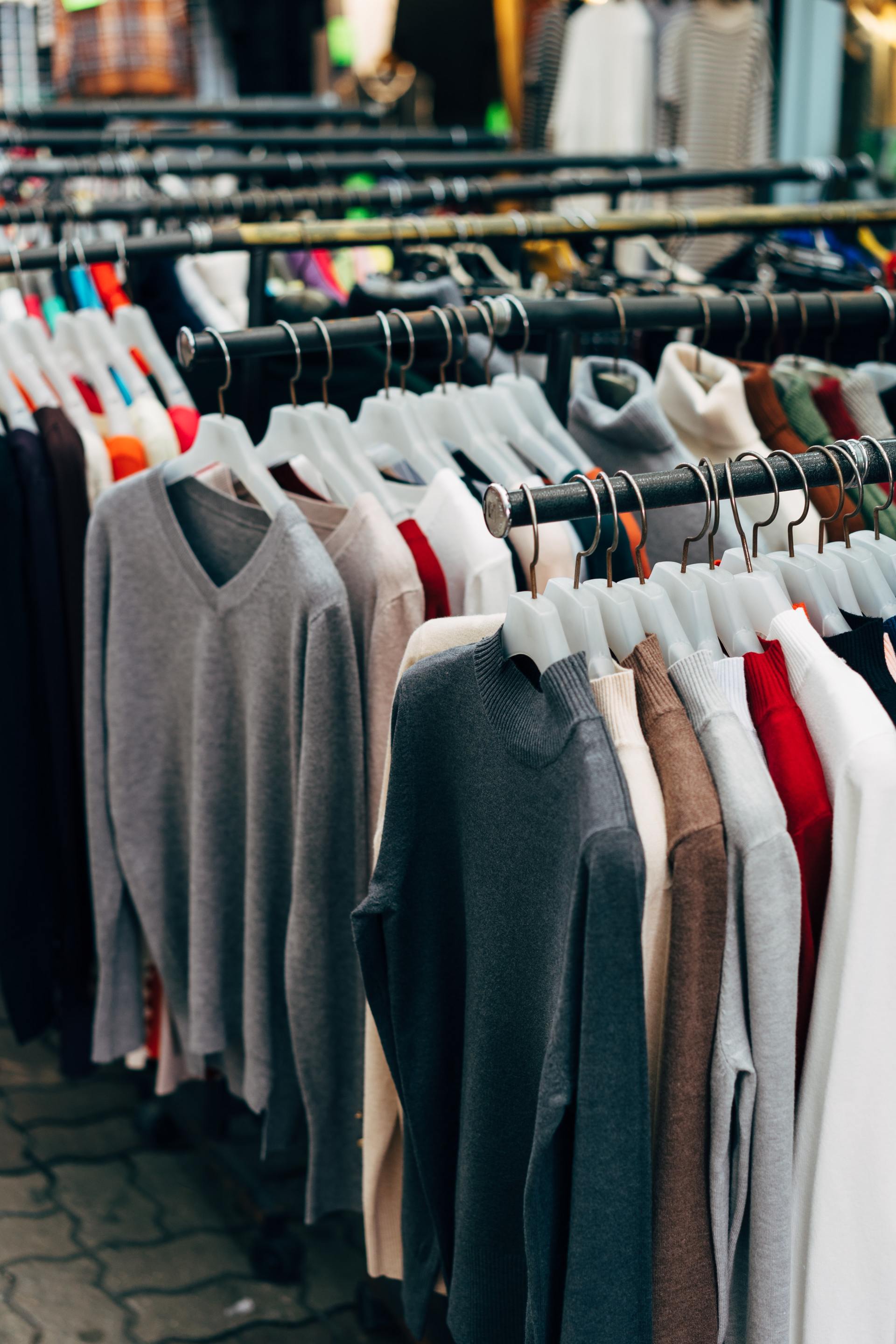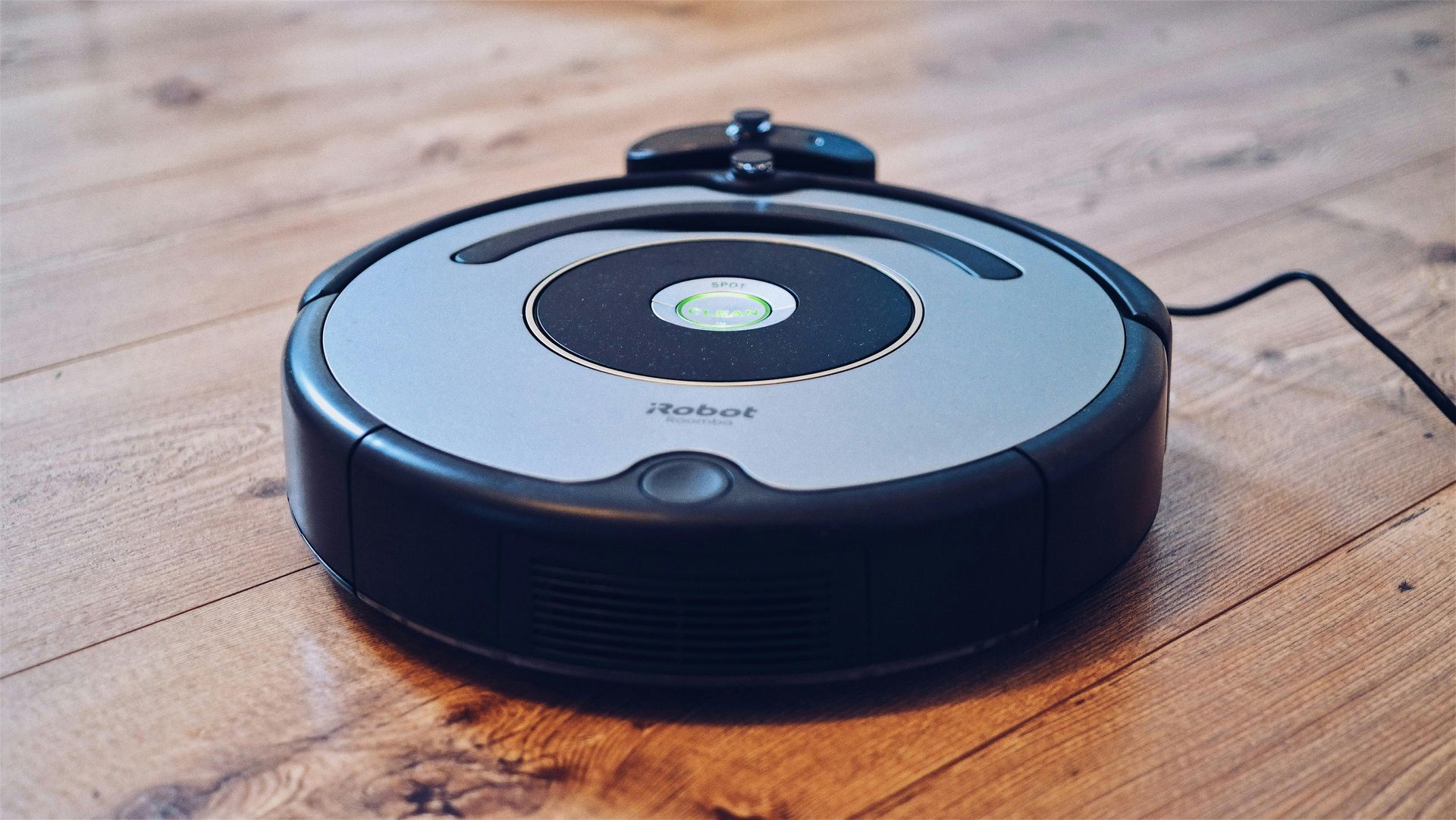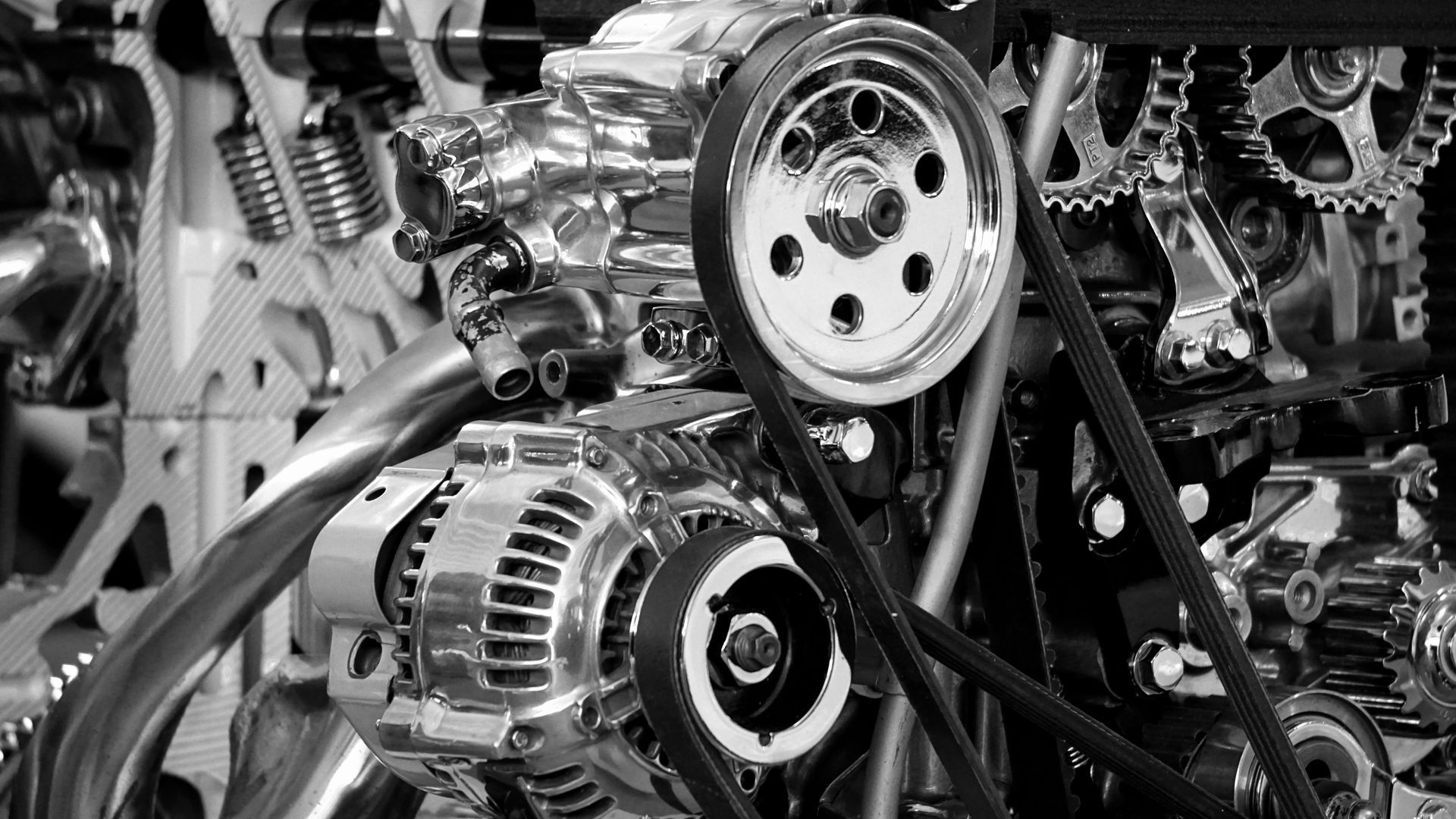J.Crew, Neiman Marcus and other retailers filed Chapter 11 Bankruptcy
Many retailers had financial trouble before the pandemic

The word “bankruptcy” comes with dark undertones: J.Crew announced it was filing for Chapter 11 bankruptcy last week, for example, and was immediately the subject of instantaneous eulogies, ours included. Over the weekend, my mom lamented that she wouldn’t be able to shop there anymore while the brand was in fact still operational: “ sunny days ahead ,” the advertisement prominently displayed on its website read. But I can’t blame mom or anyone else who buried J.Crew, Neiman Marcus, John Varvatos, or the other retailers who have filed for Chapter 11—bankruptcy is more confusing than Michael Scott thinks.
Wait, the stores and brands declaring bankrupt are staying open for now?
You betcha. J.Crew wrote out in its FAQ section
, “We are and will remain fully operational throughout this restructuring process.” Without COVID-19-related shutdowns, your local stores would probably be open right now ready to get you into some oxford-cloth button-down shirts or waxed jackets.
So what does bankruptcy mean, then?
“There are several different kinds of bankruptcy,” explains Nancy B. Rapoport, a professor of law at William S. Boyd School of Law, University of Nevada, Las Vegas who specializes in bankruptcy and was involved with Toys”R”Us’s Chapter 11 case. “What you tend to see is one of two things: a Chapter 11 reorganization or a Chapter 7 liquidation. That’s a gross oversimplification.” But gross oversimplifications will mostly do for now, so stick with me.
The bankruptcy process allows a company in unsustainably deep debt to pay back its lenders. The most gruesome way to do that is Chapter 7: the company is sliced up and absolutely everything is sold off, with the proceeds going to the creditors. “Everything from the inventory to the trademarked names to the toilet paper in the executive washroom,” says Robert M. Lawless, a professor of law specializing in bankruptcy at the University of Illinois College of Law.
That seems bad!
It is
bad, and for more than the reasons you think. Not only does the business go out of business, but the banks that have lent the bankrupt company over the years are incredibly unlikely to get their money back from toilet paper (even the premo stuff executives use). So for all parties involved, Chapter 11 is preferred. “The lenders want to get paid back and they know the best way to get paid back is by having the business continue to operate and be profitable,” says Lawless.
Chapter 11 is ultimately an optimistic action to take. “What you're seeing is a hope that the business itself is fundamentally sound and can be reorganized by getting rid of some things that are burdensome and starting with some new rules,” says Rapoport.
Why now? A company like J.Crew was already operating with $1.65 billion in debt.
“Usually you see a company end up in Chapter 11 when they run out of cash,” says Lawless. Presumably, these companies tapped into every resource and weren’t able to make enough cash to remain operational. That’s when you turn the page and—bang—Chapter 11.
If a plan for reorganization can’t be agreed upon, the company moves into a sale. Forever 21 went through this, and was eventually bought up by Simon Property Group, the largest owner of shopping malls in the U.S. Lawless says that while a generation ago, reorganizations were common, asset sales are now much more standard. The money made from these sales goes directly into the pockets of the creditors these companies owe.
It’s likely that the companies going through bankruptcies will move forward with either an agreed-upon reorganization or sale. Courts often want bankrupt companies to succeed rather than file for liquidation, “because it's better for the economy if businesses keep going,” says Rapoport. This way people keep their jobs, creditors continue to get paid, and there are less vacant storefronts. Lawless says courts are already pretty lenient when approving bankruptcy plans for exactly that reason. Too lenient, perhaps: in a study he conducted, he found that almost none of the business projections companies sunnily forecast in bankruptcy court are ever actually achieved. “Bankruptcy judges want companies to succeed,” he says.
How will COVID-19 affect these filings?
Despite the fact that courts already go relatively easy on companies in bankruptcy, Lawless says that the pandemic might encourage them to be even gentler. Now, companies can argue that the cause of their great financial strain is this once-in-a-lifetime global event. “With Neiman Marcus, what you're hoping is [that] some of this was COVID,” says Rapoport. “They couldn't keep the stores open and although there's online shopping, it's not the same thing. So if they think that this is a temporary problem, the leases are too high and they can't get relief on the leases but the fundamental business is sound.” That may not be totally true, but it’s an argument Neiman Marcus can make.








